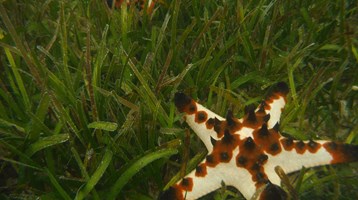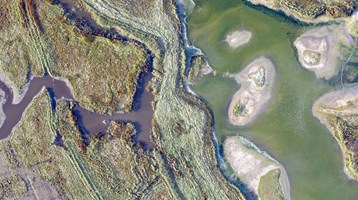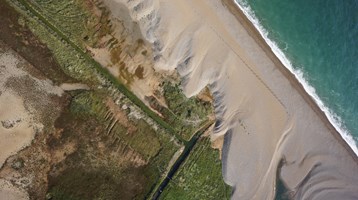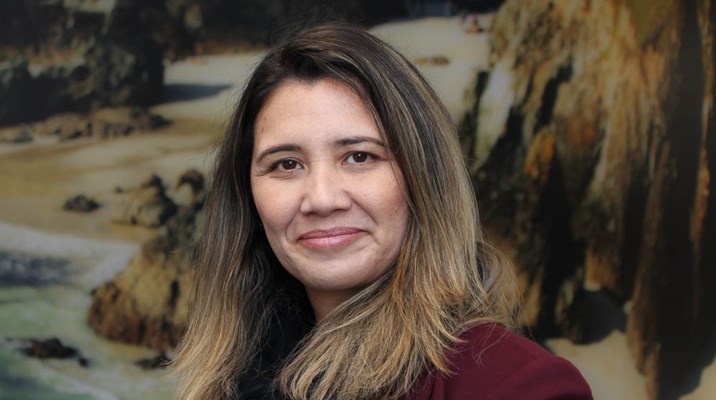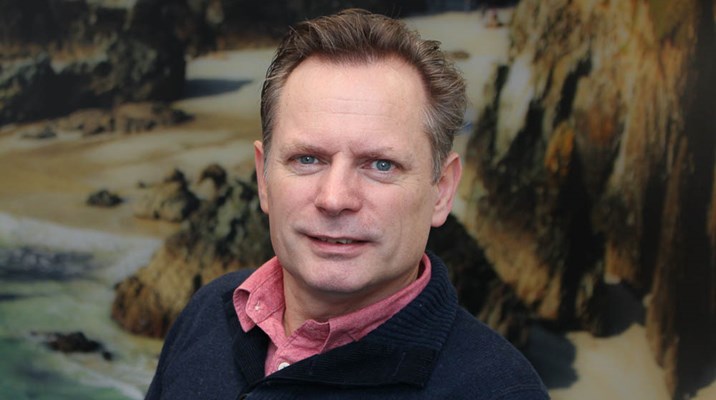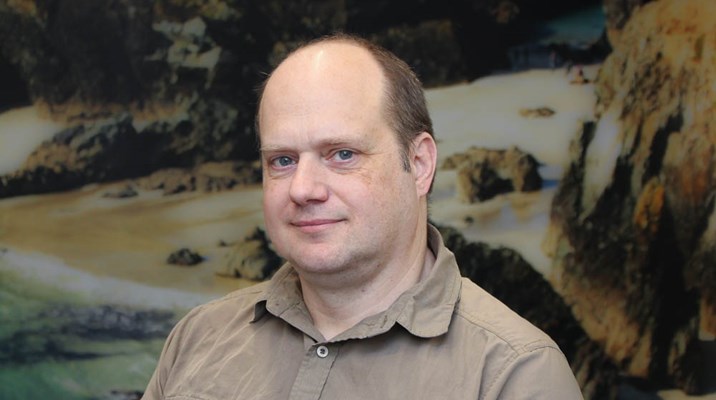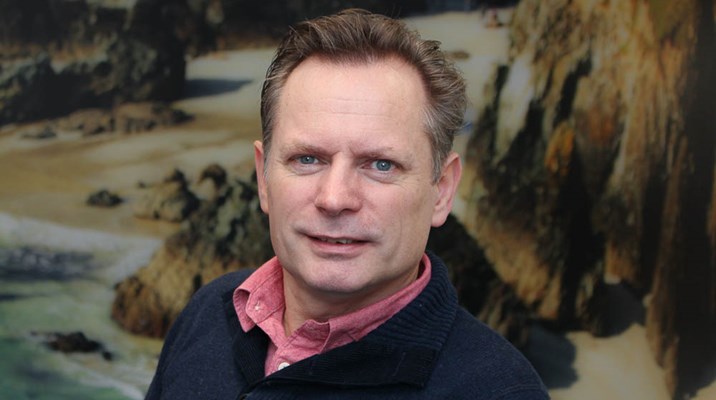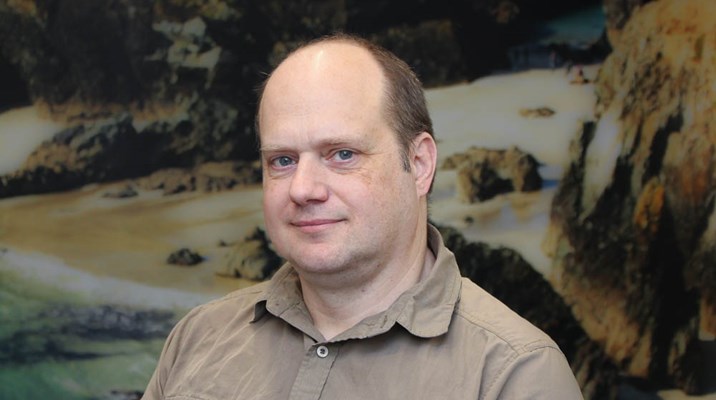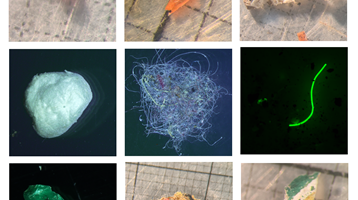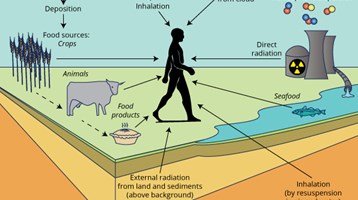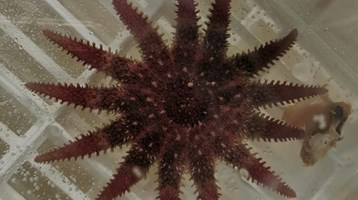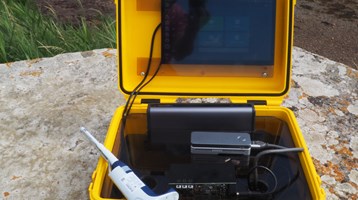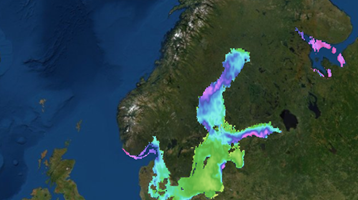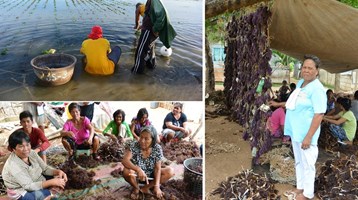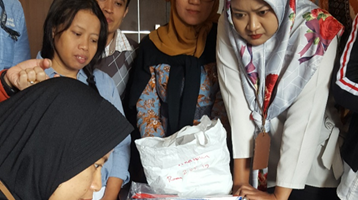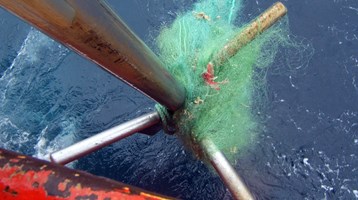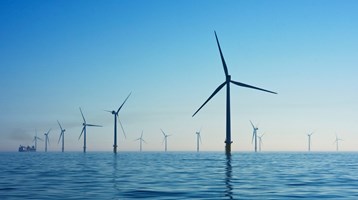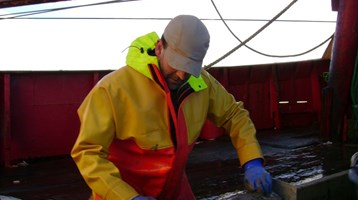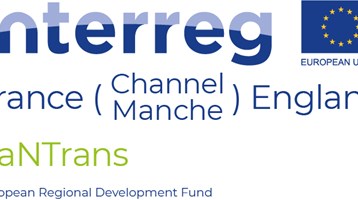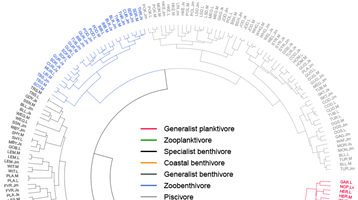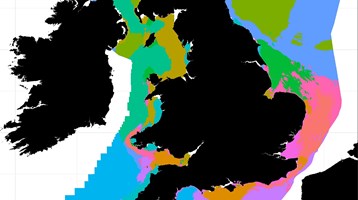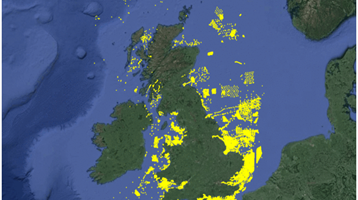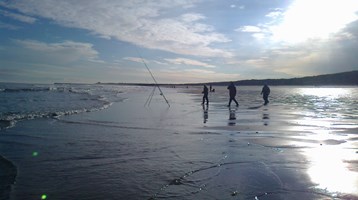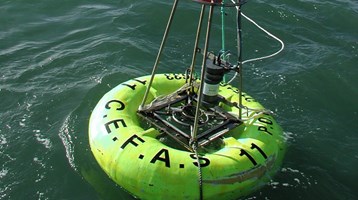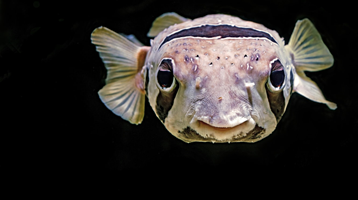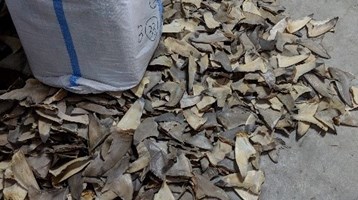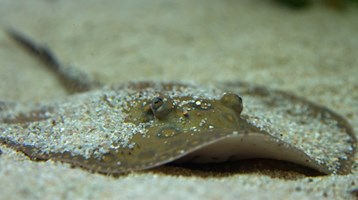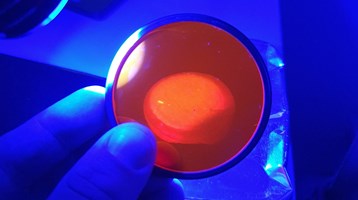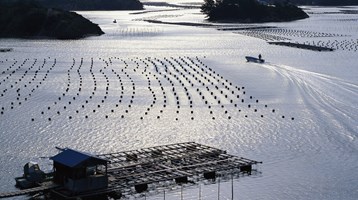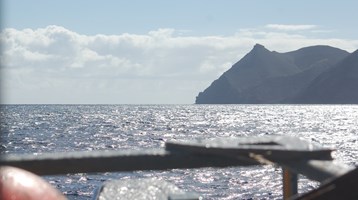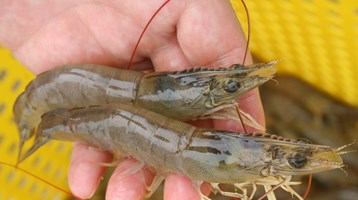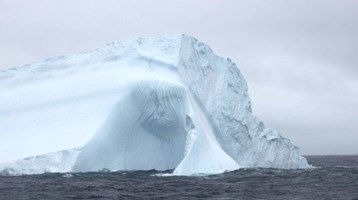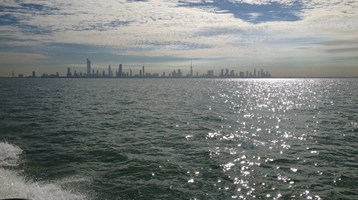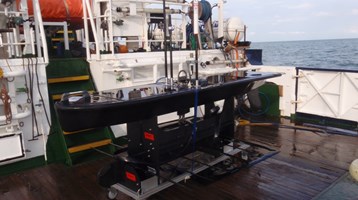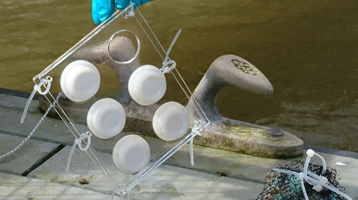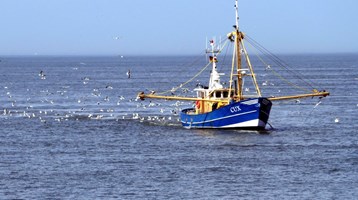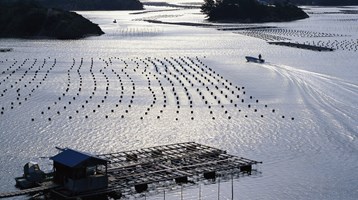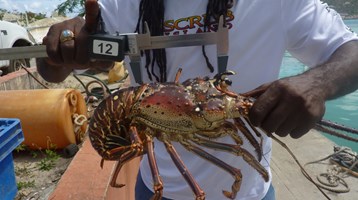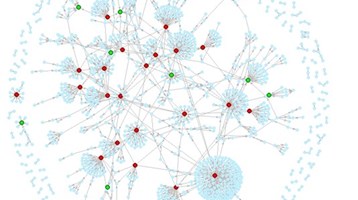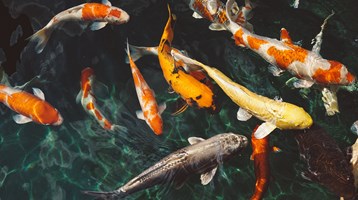130 years of measuring seawater temperature
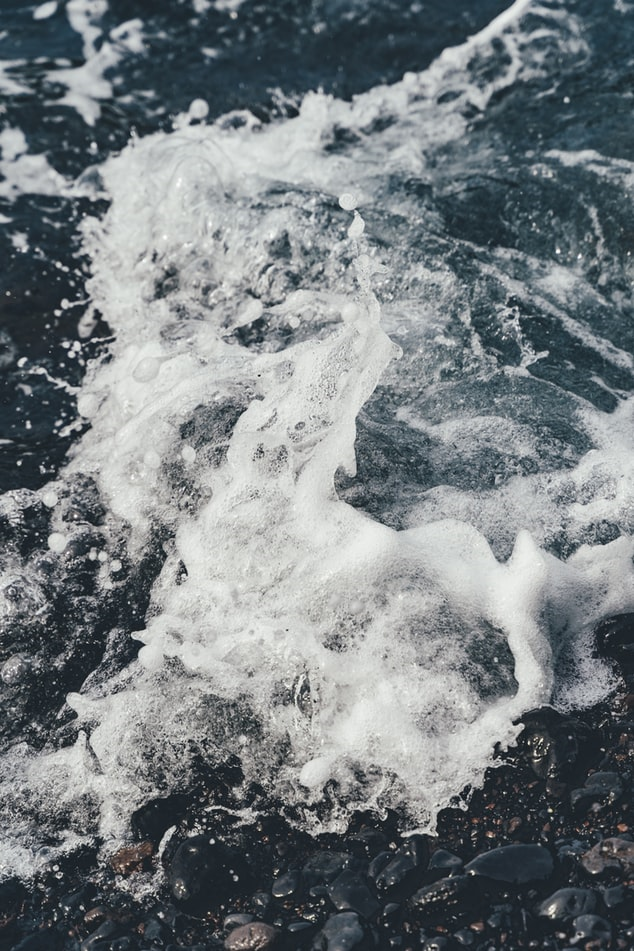
The collection of seawater temperatures is vital to our understanding of the global environment. We have been collecting seawater temperatures since 1880, allowing our dataset to grow to 10 million seawater temperature records as of 2018. In turn this has enabled research in many sectors to progress. The datasets revealed a significant long-term warming trend (by around 2°C) in the North Sea over the past Century, as well as consistently warmer winter temperatures over the past 20 years. These results have stimulated further research and questions about the subject of climate change and how this may continue to affect our environment.
Our extensive research into climate change all began in 1902, where a dedicated fisheries laboratory was established in the port of Lowestoft. Here, measurements of surface and seabed temperatures were taken with mercury thermometers and ‘reversing thermometers.’ Over time our methods of data gathering have progressed to more complex systems such as; offshore buoys, fully autonomous gliders and wave-riders, under-way ‘Ferrybox’ systems, devices attached to animals and from citizen-science projects. These have helped the database grow exponentially from just a few tens of records per year, rising to hundreds from the early 1900s, thousands by 1959, and hundreds of thousands by the 1980s, peaking with >1 million for some years from 2000 onwards.
We have been collecting seawater temperatures since 1880, allowing our dataset to grow to 10 million seawater temperature records as of 2018
Our databases have contributed to external sources in national and international reports, but also within time-series in biological studies studying consequences of long-term climate change. These could give insight into the future of our environments. The dataset has given us opportunities to transfer knowledge to a wider audience through the Ocean Processes Evidence Group (OPEG) of the UK Marine Science Co-ordination Committee (MSCC) of which we chair and in 2017 we celebrated 10 years of hosting the MCCIP (Marine Climate Change Impacts Partnership) secretariat. Our databases will continue to grow as more autonomous platforms come onstream and new protocols for dealing with ‘big data’ and near real-time data acquisition will be required for our research to progress.


